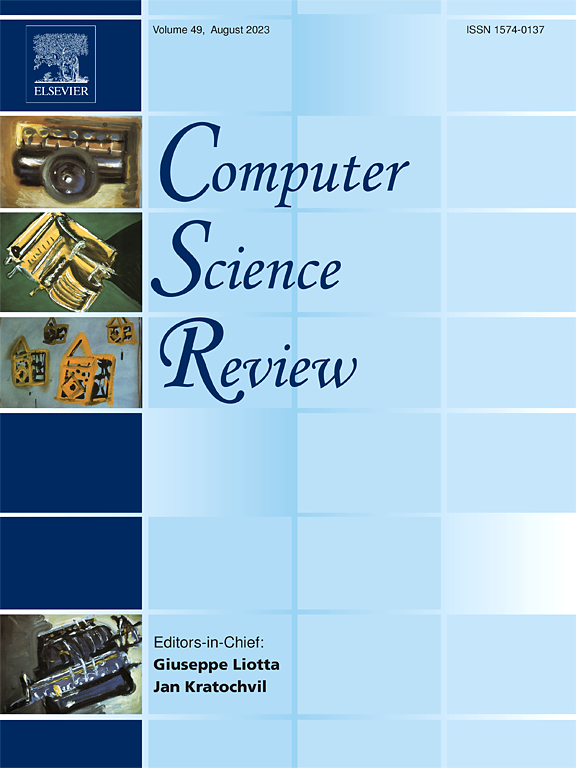A survey of Beluga whale optimization and its variants: Statistical analysis, advances, and structural reviewing
IF 12.7
1区 计算机科学
Q1 COMPUTER SCIENCE, INFORMATION SYSTEMS
引用次数: 0
Abstract
Optimization, as a fundamental pillar in engineering, computer science, economics, and many other fields, plays a decisive role in improving the performance of systems and achieving desired goals. Optimization problems involve many variables, various constraints, and nonlinear objective functions. Among the challenges of complex optimization problems is the extensive search space with local optima that prevents reaching the global optimal solution. Therefore, intelligent and collective methods are needed to solve problems, such as searching for large problem spaces and identifying near-optimal solutions. Metaheuristic algorithms are a successful method for solving complex optimization problems. Usually, metaheuristic algorithms, inspired by natural and social phenomena, try to find optimal or near-optimal solutions by using random searches and intelligent explorations in the problem space. Beluga Whale Optimization (BWO) is one of the metaheuristic algorithms for solving optimization problems that has attracted the attention of researchers in recent years. The BWO algorithm tries to optimize the search space and achieve optimal solutions by simulating the collective behavior of whales. A study and review of published articles on the BWO algorithm show that this algorithm has been used in various fields, including optimization of mathematical functions, engineering problems, and even problems related to artificial intelligence. In this article, the BWO algorithm is classified according to four categories (combination, improvement, variants, and optimization). An analysis of 151 papers shows that the BWO algorithm has the highest percentage (49%) in the improvement field. The combination, variants, and optimization fields comprise 12%, 7%, and 32%, respectively.
白鲸优化及其变体的调查:统计分析、进展和结构回顾
优化作为工程学、计算机科学、经济学和许多其他领域的基本支柱,在提高系统性能和实现预期目标方面起着决定性的作用。优化问题涉及许多变量、各种约束和非线性目标函数。复杂优化问题的挑战之一是具有局部最优的广泛搜索空间,这阻碍了达到全局最优解。因此,需要智能和集体的方法来解决问题,例如搜索大问题空间和识别近最优解。元启发式算法是解决复杂优化问题的一种成功方法。通常,元启发式算法受到自然和社会现象的启发,试图通过在问题空间中使用随机搜索和智能探索来找到最优或接近最优的解决方案。白鲸优化算法是近年来备受关注的一种求解优化问题的元启发式算法。BWO算法试图通过模拟鲸鱼群体的集体行为来优化搜索空间并获得最优解。通过对BWO算法发表文章的研究和回顾,可以发现该算法已被应用于各个领域,包括数学函数的优化、工程问题,甚至与人工智能相关的问题。本文将BWO算法分为四类(组合、改进、变异和优化)。对151篇论文的分析表明,BWO算法在改进领域的百分比最高(49%)。组合、变体和优化字段分别占12%、7%和32%。
本文章由计算机程序翻译,如有差异,请以英文原文为准。
求助全文
约1分钟内获得全文
求助全文
来源期刊

Computer Science Review
Computer Science-General Computer Science
CiteScore
32.70
自引率
0.00%
发文量
26
审稿时长
51 days
期刊介绍:
Computer Science Review, a publication dedicated to research surveys and expository overviews of open problems in computer science, targets a broad audience within the field seeking comprehensive insights into the latest developments. The journal welcomes articles from various fields as long as their content impacts the advancement of computer science. In particular, articles that review the application of well-known Computer Science methods to other areas are in scope only if these articles advance the fundamental understanding of those methods.
 求助内容:
求助内容: 应助结果提醒方式:
应助结果提醒方式:


